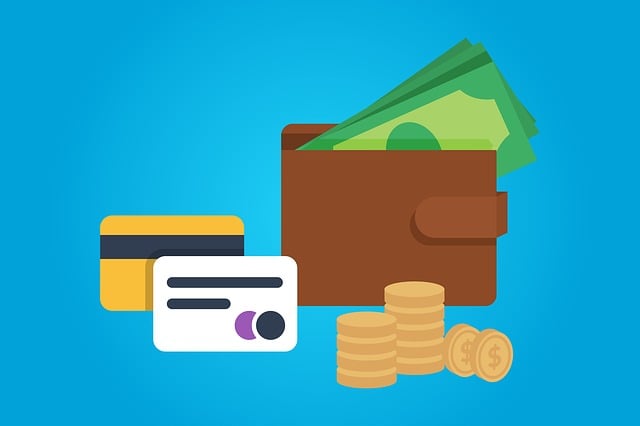When considering low-interest debt consolidation loans, individuals should weigh the risks and benefits of secured vs unsecured options. Secured loans offer lower rates but risk asset loss, while unsecured loans provide flexibility but higher interest charges. Key factors include financial health, credit score, loan terms, type of debt, and long-term budget impact; these considerations ensure a personalized decision aligned with one's circumstances to avoid future strain.
“Confused about debt consolidation? This guide unravels the intricacies of secured and unsecured loans, helping you make an informed choice. In today’s financial landscape, managing multiple debts can be daunting. Enter low-interest debt consolidation loans—a popular strategy to simplify payments and potentially save money. We’ll explore how these loans work, dissect key factors to consider, and provide insights to help you select the best option for your unique situation, ensuring a smarter approach to debt management.”
- Understanding Secured and Unsecured Debt Consolidation Loans
- Factors to Consider When Choosing Between Low-Interest Debt Consolidation Loans
Understanding Secured and Unsecured Debt Consolidation Loans
Debt consolidation loans are a popular tool for managing multiple debts, but they come in two main varieties: secured and unsecured. Secured debt consolidation loans require borrowers to offer an asset as collateral, often their home or vehicle. This provides lenders with a safety net if the borrower defaults on their loan payments. As a result, secured loans typically feature lower interest rates since the risk to the lender is reduced. Unsecured debt consolidation loans, on the other hand, do not require any collateral and are based solely on the borrower’s creditworthiness. While convenient, unsecured loans usually come with higher interest rates because the lender bears the full risk without any security.
When considering low-interest debt consolidation loans, it’s crucial to understand these distinctions. Secured loans can be more appealing due to their lower rates, but they also carry the risk of losing the collateral if payments aren’t met. Unsecured options offer flexibility and avoid potential asset loss but may come with higher costs in the form of interest charges. The best choice depends on individual circumstances, including available assets, credit scores, and willingness to take on additional financial risk.
Factors to Consider When Choosing Between Low-Interest Debt Consolidation Loans
When considering low-interest debt consolidation loans, several key factors come into play. First and foremost, your current financial situation and credit score are crucial determiners. Lenders will assess your ability to repay the loan, so a strong credit history can significantly improve your chances of securing a lower interest rate. Additionally, understanding the loan terms is essential; compare various offers not just on interest rates but also on repayment periods, fees, and any hidden costs.
Another aspect to consider is the type of debt you’re consolidating. Different loans may be more suitable for specific types of debt. For instance, low-interest credit card debt might benefit from consolidation, while higher-interest loans like student loans could have specialized options. It’s also wise to evaluate the long-term impact on your finances; while lower interest rates provide immediate relief, ensuring the loan terms align with your budget in the coming years is vital for avoiding future financial strain.
When deciding between secured and unsecured debt consolidation loans, understanding your financial situation and priorities is key. If you have a stable financial foundation and prefer a lower risk approach, a low-interest unsecured loan might be ideal. However, for those with better credit and the willingness to use an asset as collateral, secured loans offer competitive rates. Carefully evaluating your creditworthiness, available collateral, and interest rate preferences can help you make an informed decision. Opting for low-interest debt consolidation loans can significantly reduce your overall debt burden and improve financial health in the long term.
